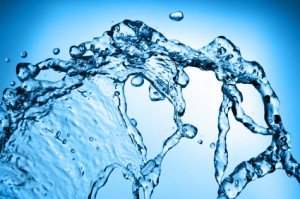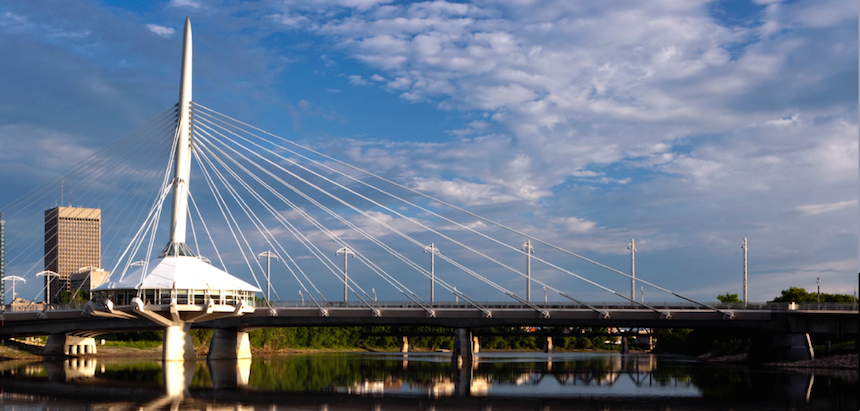 In this section, you will find out more about how climate change is affecting and is expected to affect:
In this section, you will find out more about how climate change is affecting and is expected to affect:
![]() Click a topic to jump to a page with details.
Click a topic to jump to a page with details.
Canada has 9% of the Earth’s freshwater, yet only 0.5% ofthe planet’s population (1). In Manitoba, 100,000 lakes cover approximately 17% or 101,600 km2 of our province’s surface area (2). We are immeasurably fortunate – water is a precious resource, so much that it is sometimes called blue gold.
The value of freshwater reaches far beyond human consumption. Aquatic ecosystems (lakes, rivers, streams and wetlands) provide the following services and benefits:
- they contribute to biodiversity
- flood control
- water filtration and purification
- hydroelectric generation
- recreation and tourism opportunites
- habitat for economically important fisheries
- locations for hands-on learning experiences
Unfortunately, many freshwater ecosystems and the services they provide are threatened. Changes in land use, environmental pollution, water diversion, overfishing and the introduction of foreign species have harmed our freshwater resources (3).
Climate change will continue to disrupt and harm our lakes, rivers and wetlands. Changes in temperature and precipitation will greatly influence the movement of water through the atmosphere and landscape (iv). Increased evaporation, decreased summer precipitation, and warmer water temperatures also promise to change the way we use water. These changes will combine to negatively impact both water quality and quantity.




